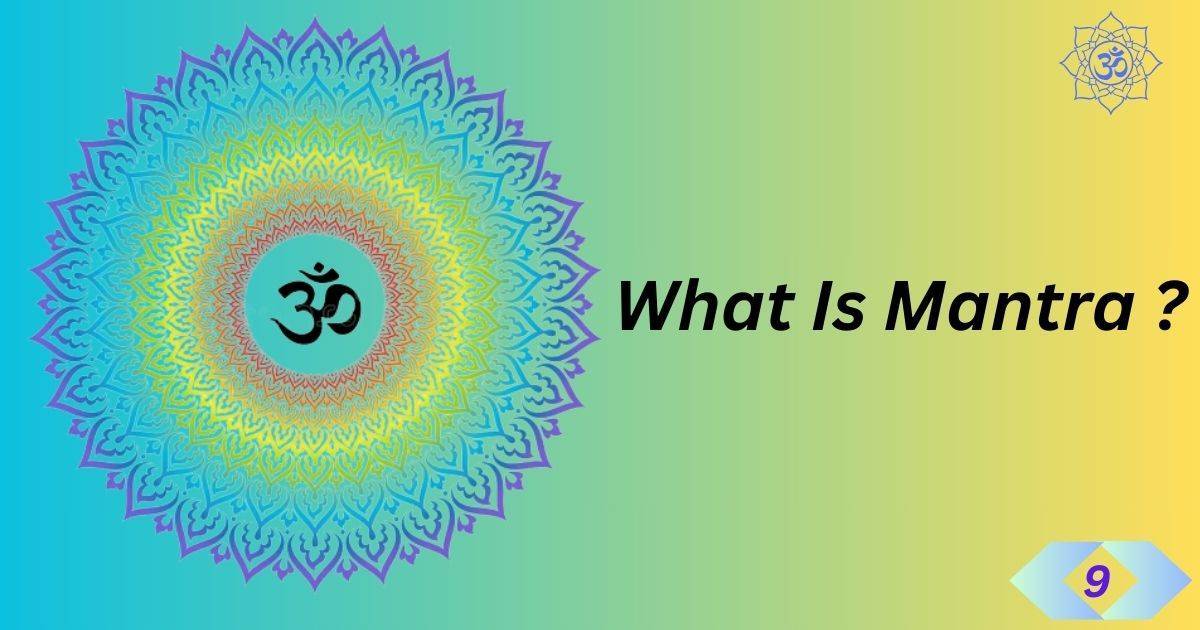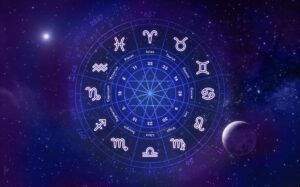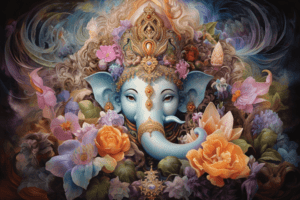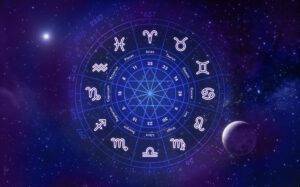What Is Mantra ?
What Is Mantra ? This question has intrigued spiritual seekers for centuries, leading to a deeper exploration of the power and significance of mantras in various cultures and traditions. What Is Mantra ? A mantra is a sacred sound, word, or phrase that holds immense spiritual power and is used in meditation, prayer, and chanting practices. What Is Mantra ? The term “mantra” originates from Sanskrit, with “man” meaning mind and “tra” meaning tool or instrument. What Is Mantra ? Therefore, a mantra can be seen as a tool for the mind, What Is Mantra ? aiding in concentration, focus, and spiritual connection.
What Is Mantra ? Mantras are often associated with Hinduism and Buddhism, but they exist in numerous spiritual paths worldwide. What Is Mantra ? Each mantra carries its unique vibration and symbolism, What Is Mantra ? making it a powerful catalyst for inner transformation and self-discovery. What Is Mantra ? Through the repetition of a mantra, What Is Mantra ? practitioners can enter deeper states of consciousness, What Is Mantra ? experiencing profound peace, clarity, and spiritual awakening.
What Is Mantra ? The purpose of a mantra varies, What Is Mantra ? ranging from invoking blessings and divine protection What Is Mantra ? to cultivating specific qualities like love, compassion, and courage. What Is Mantra ? Many people also use mantras for healing, What Is Mantra ? both physical and emotional, as the vibrations of the mantra can harmonize the body and mind.
What Is Mantra? In essence, a mantra serves as a bridge between the individual and the divine, What Is Mantra? helping to align one’s energies with higher consciousness and spiritual truths. What Is Mantra? By understanding the essence of mantras, What Is Mantra? individuals can harness their transformative potential What Is Mantra? and embark on a journey of spiritual growth and self-realization.
What is Mantra ? And Its Are The Uses ?
A mantra is a sacred and spiritually significant word, phrase, sound, or vibration that is often repeated in meditation, prayer, or as part of a spiritual practice. Mantras hold deep significance in various religious and spiritual traditions, including Hinduism, Buddhism, Jainism, Sikhism, and others. The word “mantra” is derived from two Sanskrit words: “man,” which means “mind,” and “tra,” which means “instrument” or “tool.” Thus, a mantra can be thought of as a tool for the mind.
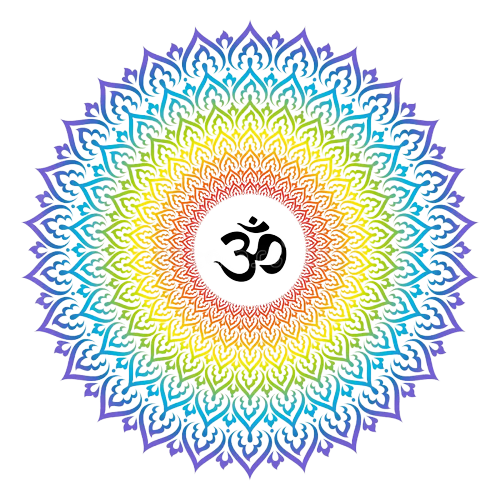
Uses of Mantras:
1. Meditation: Mantras are commonly used in meditation to calm the mind, enhance concentration, and promote inner peace. Repeating a mantra during meditation helps individuals focus their thoughts and move into deeper states of consciousness.
2. Prayer: In many religious traditions, mantras are recited as prayers to invoke blessings, guidance, and divine intervention. They are a means of connecting with the divine and expressing devotion.
3. Healing and Well-Being: Some believe that specific healing mantras can have a positive impact on physical and emotional well-being. These mantras are used to promote healing and alleviate suffering.
4. Chanting and Singing: Mantras are often chanted or sung in group settings, such as during religious ceremonies, festivals, or spiritual gatherings. The collective chanting of mantras fosters a sense of community and shared spirituality.
5. Protection: Certain mantras are believed to offer protection from negative energies or evil influences. They are recited to create a shield of spiritual strength and safety.
6. Manifestation: In New Age and self-help practices, mantras are used for personal development and the manifestation of goals and desires. Repeating a mantra related to a specific intention is thought to attract the desired outcome.
7. Spiritual Growth: Mantras are used as tools for personal and spiritual growth. They can help individuals develop a deeper connection with their inner selves and with higher states of consciousness.
8. Stress Reduction: Mantras are effective tools for stress reduction and relaxation. Repeating a soothing mantra can bring about a sense of calm and tranquility.
9. Mantra Therapy: In Ayurveda and traditional Indian medicine, mantra therapy is used as a complementary healing practice. Specific mantras are prescribed to address health issues and promote balance.
10. Spiritual Transformation: Some people use mantras to facilitate their spiritual journey and transformation, helping them transcend ego and connect with the divine or universal consciousness.
The specific uses of mantras can vary widely depending on the individual’s belief system and spiritual or religious tradition. Regardless of the purpose, the repetition of a mantra is seen as a way to harness the power of sound and intention to influence the mind, body, and spirit.
Benefits Of Chanting Mantras
Mantras offer various benefits to individuals who practice them regularly. These benefits can have a positive impact on one’s physical, mental, emotional, and spiritual well-being. Here are some of the key benefits of using mantras:
1. Stress Reduction: Mantras are effective tools for reducing stress and anxiety. The rhythmic repetition of a mantra can calm the mind and induce relaxation, which can help alleviate stress.
2. Improved Concentration: Mantras can enhance focus and concentration. Regular mantra practice trains the mind to stay present and resist distractions.
3. Enhanced Meditation: Mantras are commonly used in meditation to deepen the practice. Repeating a mantra can help individuals enter deeper states of consciousness and achieve a meditative state more easily.
4. Emotional Healing: Some mantras are believed to have the power to heal emotional wounds and promote emotional balance. They can help release negative emotions and foster a sense of inner peace.
5. Increased Self-Awareness: Mantras can aid in self-reflection and self-awareness. They encourage introspection and self-exploration, leading to personal growth and self-improvement.
6. Positive Affirmations: Mantras are often used to replace negative self-talk and beliefs with positive affirmations. This can boost self-esteem and self-confidence.
7. Spiritual Growth: Mantras have deep spiritual significance in many traditions. They help individuals connect with higher states of consciousness and facilitate spiritual growth.
8. Enhanced Resilience: Regular mantra practice can make individuals more resilient in the face of life’s challenges. It promotes a sense of inner strength and endurance.
9. Improved Breathing and Respiratory Health: Mantra repetition often synchronizes with the breath, leading to controlled and mindful breathing. This can have a positive impact on respiratory health and overall well-being.
10. Promotion of Physical Health: Some healing mantras are thought to have a beneficial impact on physical health and may be used as complementary practices in Ayurvedic medicine.
11. Mood Elevation: Mantras can elevate one’s mood and promote a positive outlook on life. They can help individuals find joy and contentment.
12. Enhanced Sleep: Mantras can help individuals overcome insomnia and sleep disturbances. A soothing mantra can promote restful sleep.
13. Creativity and Inspiration: Some people use mantras to tap into their creative potential and find inspiration for artistic or intellectual pursuits.
14. Community and Connection: Chanting mantras in group settings fosters a sense of community and shared spirituality, promoting a sense of connection with others.
15. Protection and Blessings: Certain protective mantras are believed to offer spiritual protection and blessings to those who recite them.
It’s important to note that the specific benefits of mantras can vary depending on the individual’s belief system, intention, and the particular mantra chosen. Whether used for meditation, relaxation, or spiritual growth, the regular practice of mantras can lead to significant and positive changes in one’s life.
Power Of Mantra
Chanting mantras has been a profoundly transformative and calming experience in my life. The rhythmic repetition of sacred sounds or words has allowed me to access a state of inner peace and tranquility that’s otherwise challenging to attain amidst the demands of daily life. Each time I sit down to chant a mantra, it’s as though I’m entering a realm of serenity and focus. As I repeat the chosen mantra, the outside world and its stresses seem to melt away. I’ve found that mantra practice enhances my meditation sessions, helping me delve into deeper states of consciousness and self-awareness. It’s as if the mantra serves as a bridge, connecting me to a profound sense of spirituality and presence.
On days when anxiety and stress have overwhelmed me, the act of chanting a mantra has been a reliable source of comfort, offering a sanctuary of peace and a release from emotional burdens. I’ve come to appreciate not just the mental and emotional benefits but also the way it enhances my overall well-being. The experience of chanting mantras is a powerful reminder of the importance of introspection and spiritual connection in our increasingly busy and distracted world.
